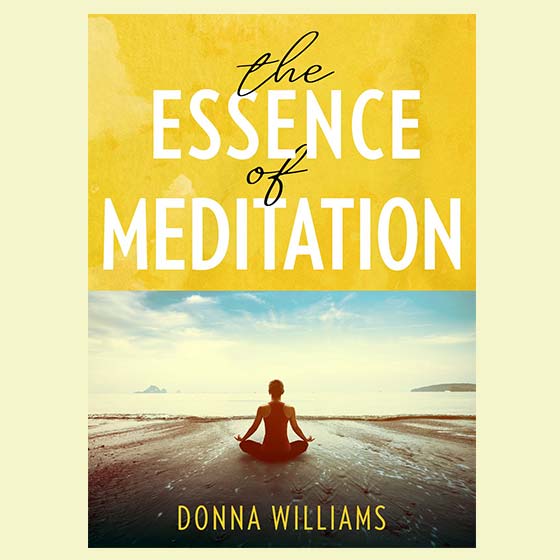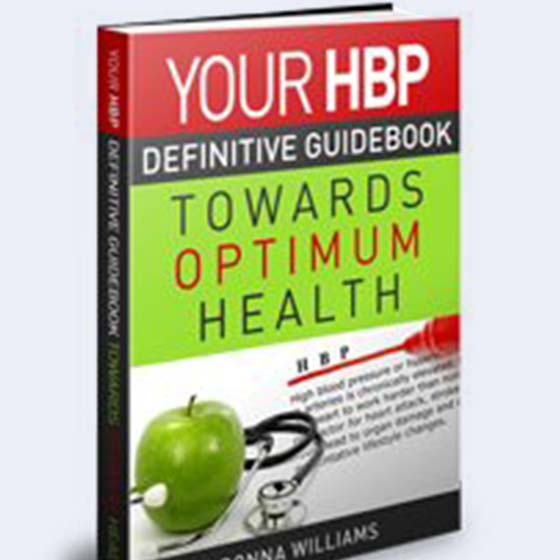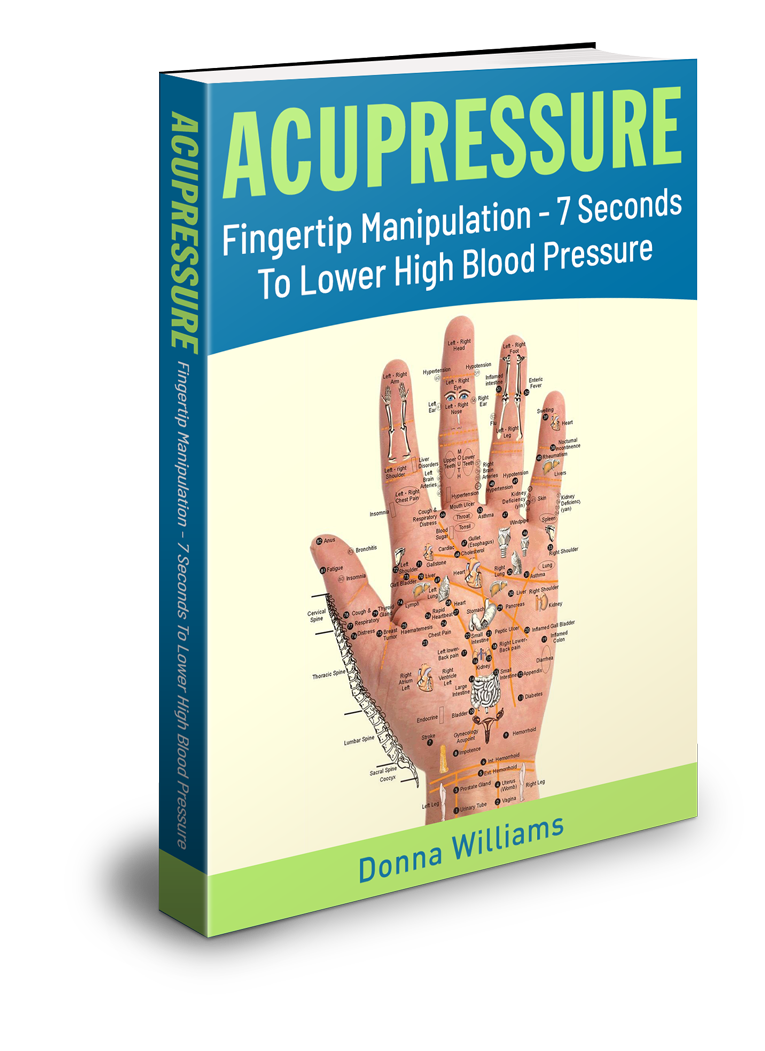Health is wealth, eat well to live well.
Join my community and receive my free ebook! Subscribe now >>
Does The Consumption Of Caffeine And High Blood Pressure Individuals' Reactions Be The Problem?
Ah, caffeine - for most individuals the morning can't start without it, right?
Does the problem of caffeine and high blood pressure lie with its consumption into the digestive system and not with when it is applied topically? Here’s what we know to-date.
It is a naturally occurring chemical found in coffee beans and tea leaves, as well as cocoa beans and kola nuts. It is a stimulant that offers a powerful boost to your body’s central nervous system and is the world’s most consumed drug.
Your morning starter, that helps you to think straight. But the other side of it is it also works to constrict your blood vessels.
For example, caffeine can cause a short but dramatic increase in a person's blood pressure. This occurs even if an individual does not have high blood pressure.
In fact, research shows that for the average person, this rise in blood pressure can be significant. The amount of caffeine that is found in two or three cups of coffee is enough to noticeably raise blood pressure.
Systolic pressure, or the top number, can rise three to fourteen points.
The diastolic pressure,
or the bottom number, can also increase between four and thirteen
points.
In both instances, this is not a problem for a short-term rise for someone without high blood pressure. But it can be significant for those with high blood pressure.
What is interesting is that doctors are not sure what causes this spike. Some believe that caffeine causes the adrenal gland to release more adrenaline. That adrenaline can further increase blood pressure.
Drinkers And Non-Drinkers Of Caffeine
There is evidence that shows that those who drink caffeine on a regular basis will have a higher, average blood pressure reading.
In addition, some studies show that those who drink coffee regularly can develop a tolerance to it and no spike is seen. In these individuals, there does not appear to be any long-term effect on caffeine drinking.
Caffeine And Its Cosmetic Links
Caffeine when applied topically to the skin, especially as part of your beauty routine is a benefit. I use eye creams lavishly and its formula has in caffeine, and I can attest to the youthful look it has brought to my facial features and neck area.
When applied to the skin and have also been told it is in some hair loss treatment products, in different formats, it permeates the dermis – layers of the skin or tissues and does its magic.
And there’s more that caffeine can be appreciated for. It has antioxidant properties that fights free radicals and prevents oxidative stress – both are aging aggressors. Hooray!!!
The consumption of caffeine and high blood pressure individuals’ response to its jolt of energy seems to be the problem to me. Here’s how you may be able to prove this fact for yourself.
Want To Know Caffeine And High Blood Pressure Effect?
Does this mean that caffeine should not be part of your high blood pressure diet? If you truly want to know if caffeine has any effect on your blood pressure, do the following:

- Take your blood pressure before drinking anything.
- Drink a cup of coffee or another type of caffeinated drink.
- Take your blood pressure 30 minutes after.
The problem then seems to be when caffeine is digested into our digestive systems reactions may occur within the body.
Therefore, if you are concerned that there is a substantial rise in your blood pressure after consuming caffeine? You should take steps to monitor the amount of caffeine that is consumed.
Reduce the amount of caffeine (including coffee and other types) to no more than 200 milligrams per day. This is about the same as two, 12-ounce cups of coffee.
Doing this will help ensure that the rise does not affect your high blood pressure. It seems from normal observations caffeine and high blood pressure really don’t mix!
How Are You Living With High Blood Pressure
Since your diagnosis, how are you handling it and whats your treatment?
Do rave about your health.
Return to "High Blood Pressure Diet" from "Caffeine and High Blood Pressure"





New! Comments
Have your say about what you just read! Leave me a comment in the box below.